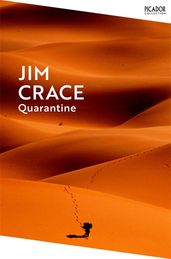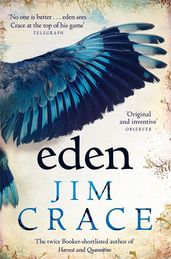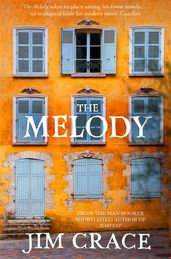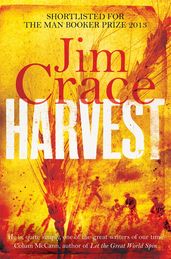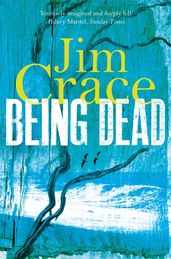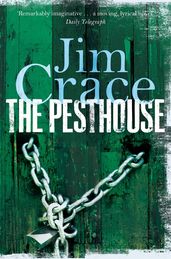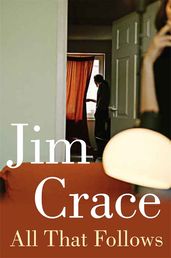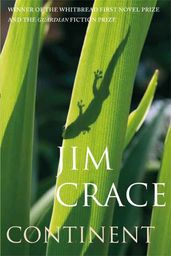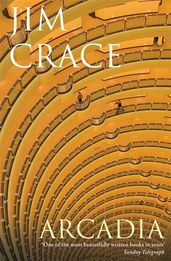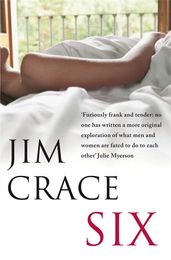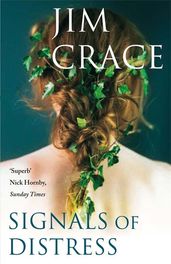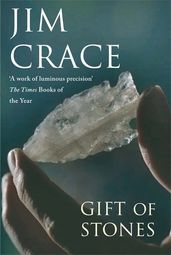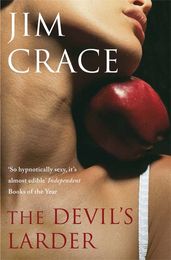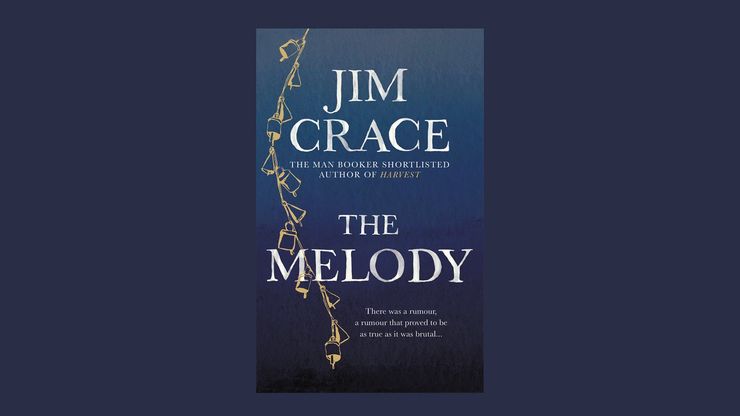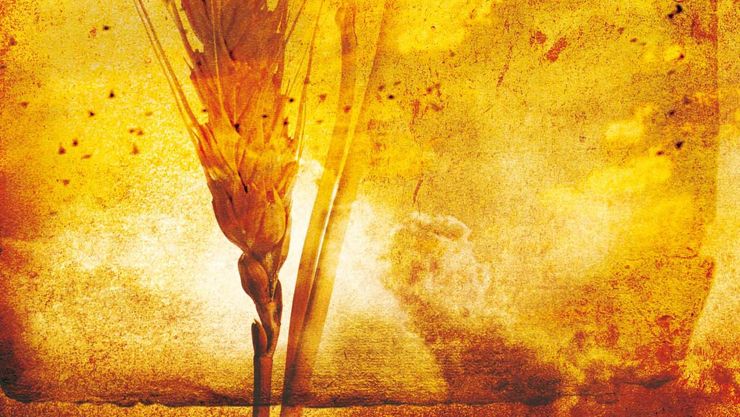Jim Crace
Jim Crace is the prize-winning author of a dozen books, including Continent (winner of the 1986 Whitbread First Novel Award and the Guardian Fiction Prize), Quarantine (1998 Whitbread Novel of the Year and shortlisted for the Booker Prize), Being Dead (winner of the 2001 National Book Critics Circle Award), Harvest (shortlisted for the 2013 Man Booker Prize and winner of the International Dublin Literary Award and the James Tait Black Memorial Prize) and The Melody. He lives in Worcestershire.
Books by Jim Crace
Series by Jim Crace
